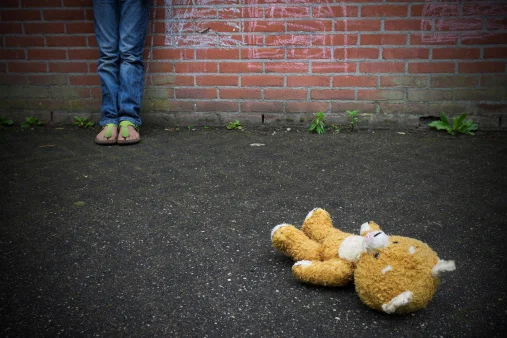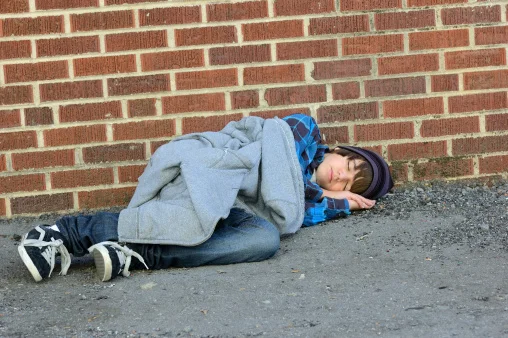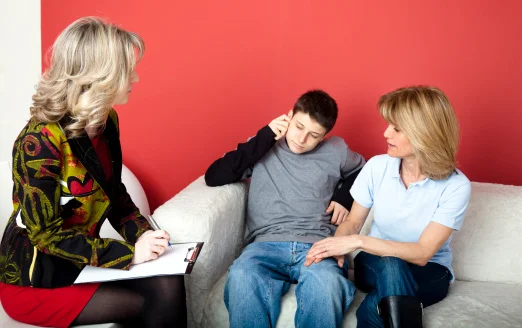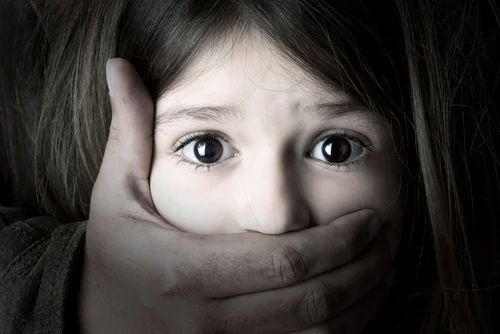+1 845 259 2974 (11 a.m to 7 p.m CST)
Communication’s role in child abuse therapy
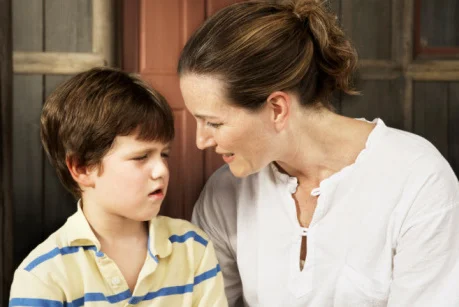
Child sexual abuse is among the most prevalent social problems that need immediate attention. Despite being discussed on various public forums, the problem continues to be a burgeoning one. This heinous act of exploitation, does not just leave the child mentally wounded, but also, damages his ability to face other challenges in life. The act of being mistreated by a stranger or an elder in the safety of your own home can cause the child to develop fear, depression, stress, anger and low self-esteem which can hinder his physical and mental growth. While it is hard to interpret the signs and pinpoint when and where this particular problem may occur – as is the case with all evils – countermeasures can be taken to address the issue and provide the necessary love and support to those who have already been victimized to counteract the aftereffects. Effective communication is one such step in that direction.
There are no doubts about the fact that effective communication goes a long way in strengthening a relationship. This is, particularly, true for a parent-child relationship in which positive communication can motivate the child to work hard and pursue his goals. Research proves that words of encouragement have a profound effect on ones thought process. In a sexual abuse scenario, effective communication can be employed to give the victim an insight into the matter and guide them as to what they can do to defeat the symptoms of depression, fear and stress.
Learning how to talk to a child about abuse is essential for parents looking to help their adolescent overcome that difficult time. According to a research, children who have been sexually victimized tend to avoid talking about their problems out of fear of abandonment. Opening channels of communication and actually listening to what the child has to say will give him a sense of security and confidence which can shorten his recovery time, significantly.
Communicating with your child about a sensitive issue like sexual abuse is not an easy thing, especially, if the offender comes from the same household. It is crucial to make the victim feel comfortable so he/she can talk to you openly about it. Furthermore, any discussions related to the issue should take place in a private place to offer a sense of comfort and privacy to the victim.
Effective communication can also help reassure the child that whatever happened was not their fault. A recent study revealed that children, who’re frequently abused, develop a sense of guilt. It is vital for parents to convey to their child that the dreadful deed is the fault of the abuser and not theirs, in any way.


